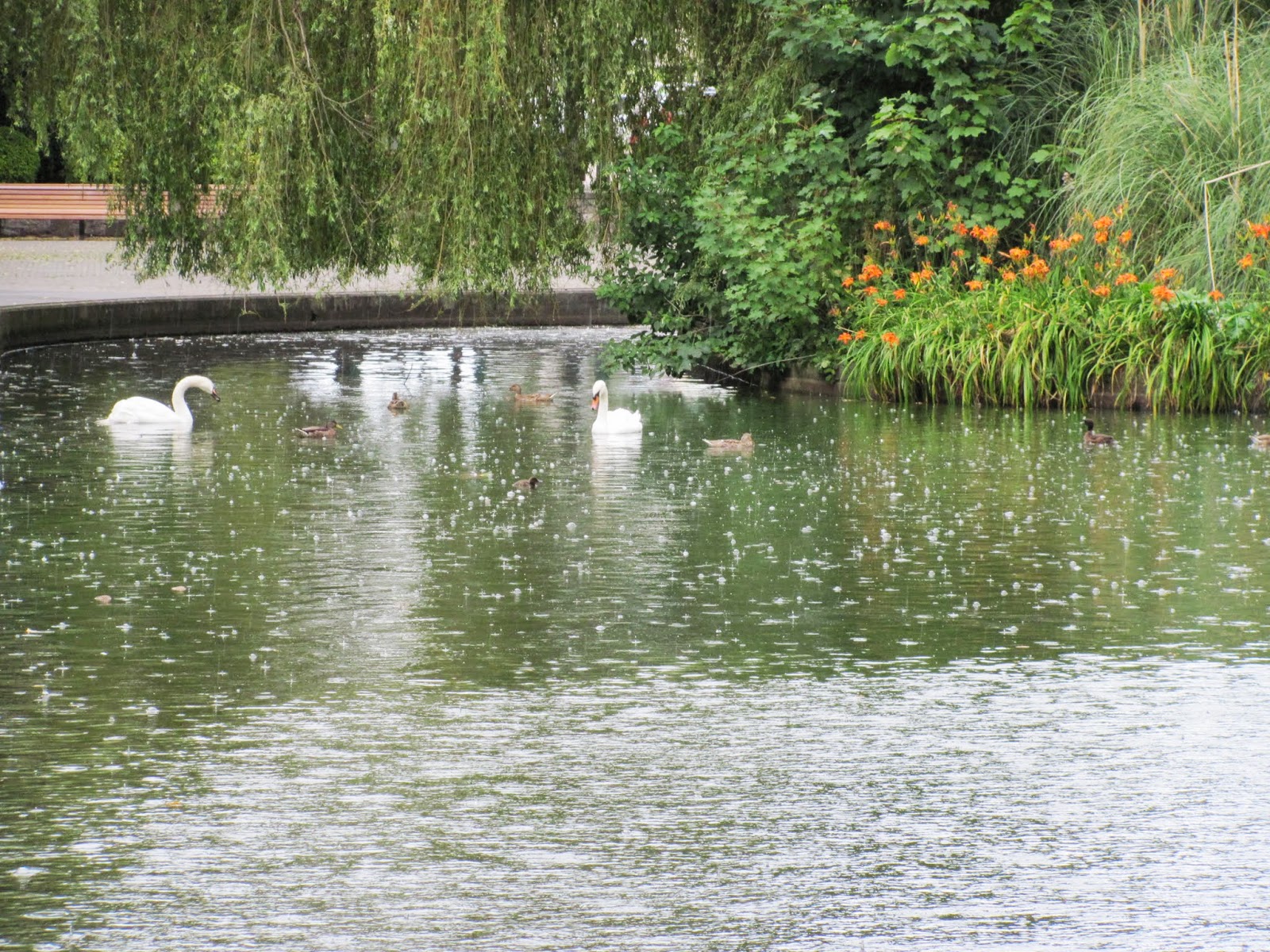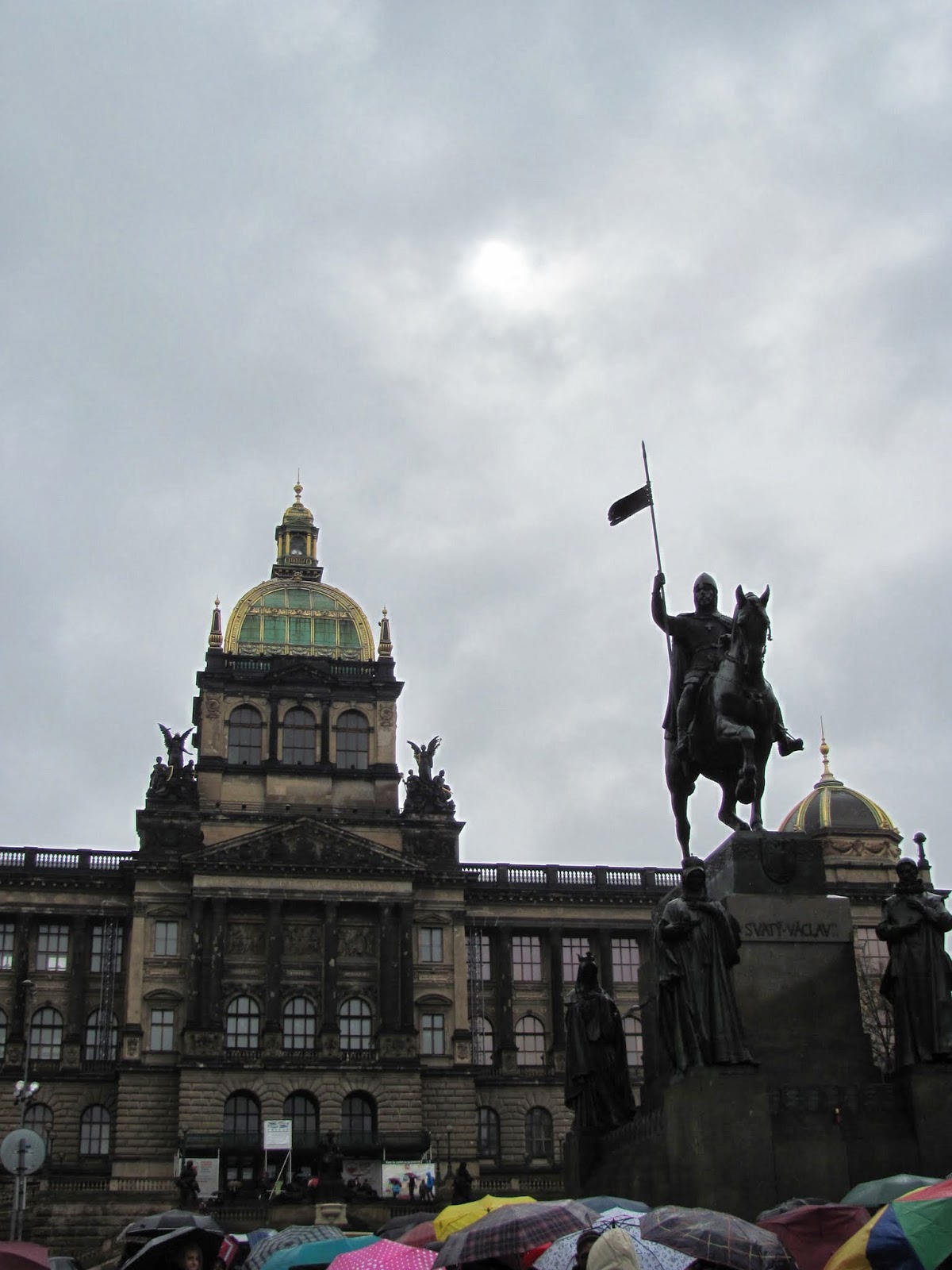With an attempt to remain somewhat culturally sensitive, it seems that countries with growing economies and long traditions of harmless traveling pickpockets seem to accept these tourist scammers. And what would be their incentive to stop these crooks? The scammers are careful to target mostly foreign tourists, and the extra money they filch will almost certainly be spent in the home country, feeding the economy. Turning a blind eye to this kind of petty crime is just a hidden way to soak a little bit more out of tourists before they return to their own more wealthy countries.
We were lucky not to have had any run-ins with serious con artists on the street (or did we?), but we dealt with our share of casual incorrect change ripoffs from vendors. In order to enjoy some of the scrumptious street sausages (and in every other cash transaction), we had to be very careful about these seemingly innocent change shorts.
 |
| Count Your Change! |
These change miscounts are the easiest way for dishonest vendors to pocket a little extra from visitors. It is also next to impossible to actually prove and prosecute. If they get caught, it's just an honest mistake that they quickly correct. If not, they keep the difference.
The Czech Republic, despite having been an official Euro-currency country for more than a decade, still uses their old currency, the Czech Koruna (Crown). This inflated currency uses unfamiliar paper notes and strangely-shaped and colored coins which can be counted at sight by Czechs (just like your own currency, wherever you are) but tourist have to examine and count each coin individually.
Crooks looking to pocket something extra will take a paper note from a tourist and confidently drop a little stack of foreign coins into the mark's waiting hand- short some small but not insignificant amount. Most people probably thank them, dump the coins in a pocket, and leave.
When the vendor tried this with me at the above pictured sausage stand, I stepped back from the window and began to count the coins in my hand carefully. When she saw me counting, she opened the register (her pocket) and had the correct difference ready and waiting when I stepped back up to the counter to politely inform her of her miscounting of my change.
At a sit-down restaurant one night, we received our check in the usual black leather binding. We put in a 1000 Crown (not all that much) note and sent it for our change. The binding came back with some change... but no receipt. Again, most tourists would take the strange mix of paper notes and coins without thinking, but we had made a careful note of how much our bill was and what the correct change should be. Because he sent it back without the receipt showing the actual amount and change, we might not have been able to remember the correct amounts had we not done so before paying.
When I approached the counter, I was hoping he didn't try to argue the point with me. After all, maybe he gave me the correct change before I pocketed some and tried to scam him. See how airtight these schemes are? Luckily, he didn't argue, but retrieved my receipt- crumpled up in the trash bin- and gave me the correct difference.
When traveling anywhere, take precautions for people like this. I'm sure this isn't just a Prague (or even an Eastern European) issue. A number of sources recommend never handing a credit card over to a vendor or waiter- but to make all payments in cash with an understanding of the proper amounts and change beforehand. We even made mental estimates of what our final checks should be at restaurants based on the menu prices in case the waiter overcharged for our meals.
One last admission, we did get hit twice with additional charges for bread at restaurants. We learned that the basket of bread plopped down on the table doesn't come free with the meal. To avoid this charge, maybe tourists have to decline bread directly... or just not be tourists. Know what I mean?
Travel, get out there, but please do so safely and carefully.













































